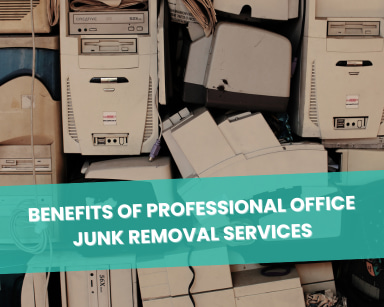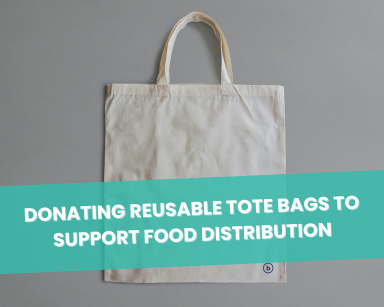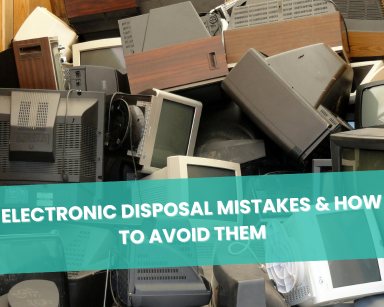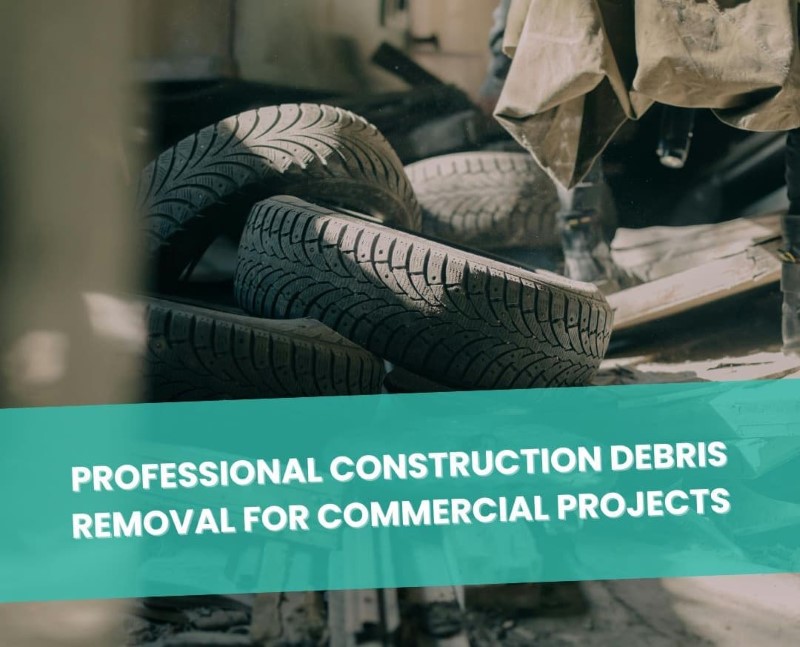Who Needs Liquidation Services? An Exploration of Alternatives
Table of Contents
Who Needs Liquidation Services?
In an age where every business decision can tip the scales between profit and loss, a new paradigm is emerging that challenges the very essence of inventory management. While the traditional liquidation services method has long been the go-to strategy for many, it’s time to ask: is there a more forward-thinking alternative?
Understanding the Traditional Liquidation Model
Liquidation, in its classic sense, is when a business sells its products at significantly reduced prices, aiming to clear out stock. Many companies have seen liquidation as the ultimate solution when faced with the weight of unwanted stocks. However, the downside? Liquidation can diminish a brand’s value, disrupt the market price stability, and sometimes, not provide the return on investment businesses desperately seek.
While liquidation services can temporarily alleviate burdens, the long-term implications might be detrimental, not just to the business, but also to the environment. The question then arises: can we reimagine a system where ‘waste’ becomes a misnomer, where every product finds a purpose, and business can still thrive?
The Shift from Liquidation to Sustainable Solutions
The liquidation process, while effective for some businesses, often stems from a lack of proactive management. When a business is constantly leaning on liquidation:
- They might be over-purchasing or not in sync with customer demands.
- There is a potential to alienate long-term customers who might feel their initial purchase gets devalued with frequent liquidation sales.
- The industry as a whole might become skeptical about purchasing from a company known for frequent liquidation.
For American companies, in particular, the emphasis on liquidation is a testament to a past business model. Today, more evolved management services offer solutions that benefit not just the company but also society at large.
The Rise of Beneficial Reuse – A Revolution in Managing Unwanted Inventory
Beneficial reuse service isn’t just a term; it’s a philosophy. It’s the idea that products, once deemed redundant or unnecessary, can find a new purpose. Instead of crowding landfills, these products find their way into hands that value them, elevating the narrative from waste to worth. This evolution not only alters how companies perceive their inventory but also challenges them to adopt a circular economy mindset.
This evolution not only alters how a company perceives its inventory but also challenges it to adopt a circular economy mindset. For a business, liquidation service may be the go-to service but the reality is that it often does more harm than good. The shift from liquidation service to beneficial reuse service, however, can be the game-changer for a business in inventory management.
The Tangible and Intangible Benefits of Beneficial Reuse
Beyond the clear environmental positives, the financial implications of beneficial reuse service can’t be overlooked. As businesses pivot from traditional disposal, they discover reduced waste management costs. But there’s more. By donating, businesses can avail substantial tax benefits based on the product’s market value, and, perhaps most importantly, reshape their corporate narrative.
Who Can Benefit from Beneficial Reuse?
Almost every industry, from retail to manufacturing, can tap into the wonders of beneficial reuse service. That surplus stock gathering dust in warehouses? It could be equipping a school, aiding a community project, or helping a charity. The possibilities are vast and varied.
How Residential Excess can Join the Beneficial Reuse Movement
While most of the focus has been on business inventory, residential excess is an untapped reservoir. Homeowners, communities, and apartment complexes can also play a role:
- Residential Liquidation Events: Instead of traditional garage sales, residents can collaborate and host events that highlight the benefits of reuse and recycling.
- Collaborate with Services: Partnering with companies like Happen Ventures can provide guidance on how residential excess can be beneficially reused.
How Our Company (Happen Ventures) is Pioneering the Beneficial Reuse Movement
Happen Ventures isn’t just another name in the inventory management sector. We are at the forefront of the beneficial reuse service revolution, creating connections between excess inventory and eager recipients. Our end-to-end service, from product identification to logistics, ensures that businesses reap the benefits without the hassle. Trust, transparency, and transformation are our hallmarks.
Dispelling Myths around Beneficial Reuse
Some might say, “Isn’t this just a dressed-up version of liquidation services?” But beneficial reuse service stands apart. As compared to Liquidation, It’s a bridge, ensuring products reach places where they are genuinely valued. It’s not about quick sales; it’s about meaningful redistribution.
The Future of Inventory Management: Why Beneficial Reuse is More Than Just a Trend
The global narrative is clear: sustainability isn’t a buzzword; it’s a necessity. Beneficial reuse service aligns perfectly with this ethos. As American businesses, and indeed global entities, lean towards a more sustainable future, beneficial reuse service isn’t merely a passing trend – it’s the future.
The Liquidation Vs. Beneficial Reuse Debate: Which is More Sustainable?
Analyzing the long-term effects and sustainability of both models:
- Environmental Impact: Liquidation often leads to waste, while beneficial reuse service emphasizes recycling and repurposing.
- Business Profitability: Liquidation service offers immediate financial gains but can harm a company’s reputation in the long run. Beneficial reuse service might have slower financial returns but provides lasting company goodwill and customer loyalty.
- Customer Perspective: Liquidation sales might attract immediate customers, but they may also be wary of a business always in liquidation mode. Beneficial reuse service aligns with the modern customer’s sustainability values.
Your Next Steps: How Your Business Can Transition From Liquidation to Beneficial Reuse
For businesses looking to make the switch:
- Consultation: Reach out to companies like Happen Ventures to understand the process.
- Product Audit: Identify products suitable for beneficial reuse versus those that might still need liquidation service.
- Community Engagement: Connect with local charities, schools, and community projects that can benefit from your excess inventory.
- Feedback Loop: Seek customer feedback after implementing the beneficial reuse service model. Their insights will guide any necessary adjustments.
Conclusion: A Call to Action for Businesses
The journey from excess stock to societal impact is just a decision away. It’s time for businesses to redefine their inventory strategy, considering not just profit margins, but also their footprint on the world. Liquidation is no longer the only way to go; beneficial reuse is a viable, more sustainable alternative.










